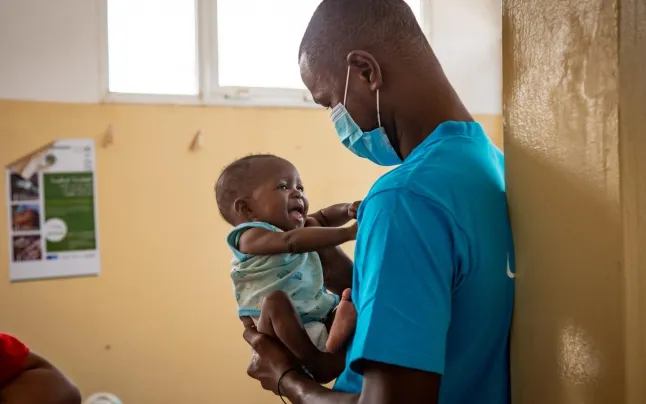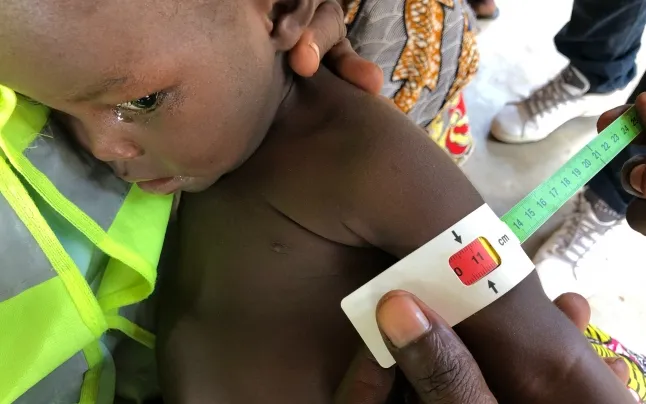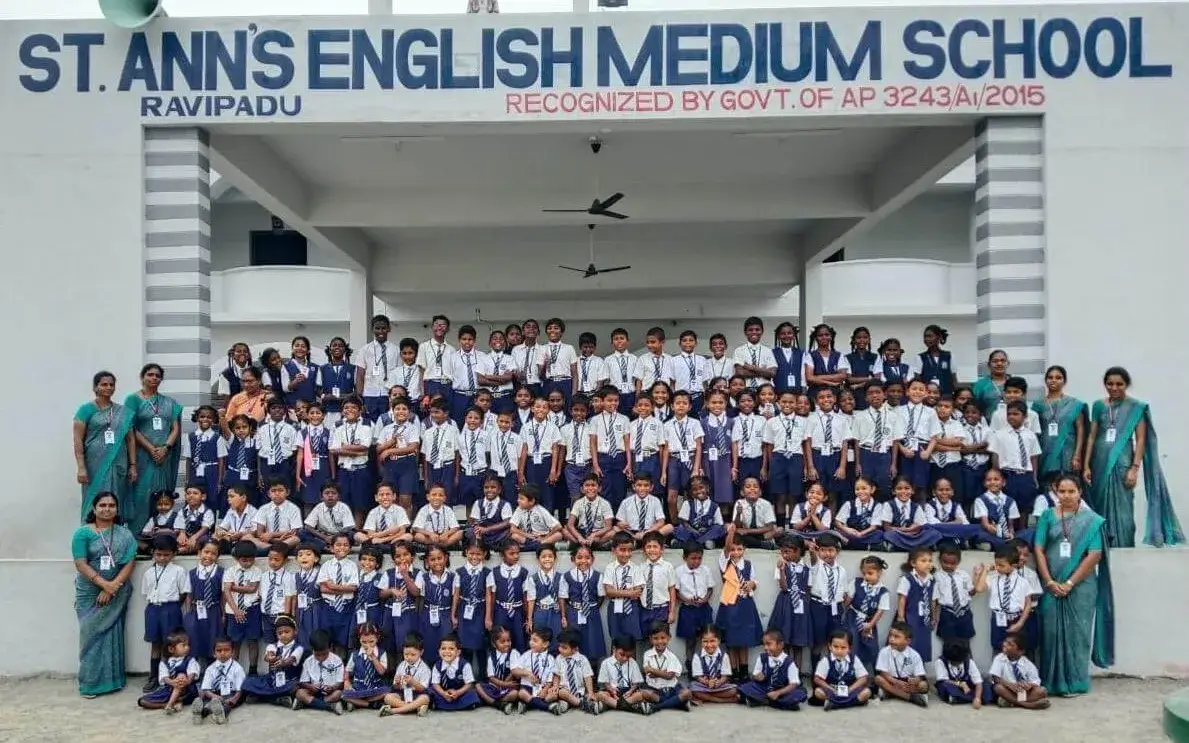The war in Ukraine adds to the climate emergency and the effects of the pandemic as aggravating child malnutrition, which causes one in five child deaths in the world, according to a report by the organization.
"The world is rapidly becoming a virtual tinderbox of preventable child deaths and child suffering from wasting". This is the warning issued to the world by the Unicef Executive Director, Catherine Russell, to summarize the conclusions of the report prepared by the organization which shows the worrying increase in the number of children suffering from a situation of severe acute malnutrition.
Unicef highlights the impact of climate catastrophes, conflicts such as the Ukrainian war and the Covid-19 pandemic on this scourge of child malnutrition, a growing problem with insufficient international funding and the rise in the cost of treatments to alleviate this situation.
Thus, it's believed that severe wasting, a fact that causes the weakening of the immune system and is the most critical form of malnutrition, is the direct cause of death of one in five children under five and one of the major threats to child survival.
"Even before the war in Ukraine placed a strain on food security worldwide, conflict, climate shocks and COVID-19 were already wreaking havoc on families’ ability to feed their children", said Russell. As a result, ten million of the 13.6 million children under the age of five who suffer from severe acute malnutrition on the planet do not have access to effective treatment, such as therapeutic foods, to alleviate the problem.
Severe wasting, aggravated by the war in Ukraine
Thus, the organization mentions several circumstances that have worsened the overall situation. These include rising food prices as a result of the effects of the Ukrainian war, but also a "shortage of food, fuel and fertilizers, combined with inflationary pressures, which are causing prices to rise." , explains the report, entitled 'Serious Emaciation: A Forgotten Emergency of Child Survival'.
With regard to the conflict that has erupted in the heart of Europe, the study indicates that it has had a major impact on global food security, especially among children, which is why UNICEF considers it a "global alert on children" and urges international community to act immediately to prevent this catastrophe. It also points out that Russia and Ukraine are among the world's leading agricultural producers and exporters, and as a result of the war, supply lines are blocked.
However, the hardships of the economies as a result of the pandemic and the persistent droughts affecting countries in the Horn of Africa, such as Ethiopia and Somalia, are cited as factors that have exacerbated the problem.
In this context, which has led to an increase in raw material prices, the report's forecasts warn of a 16% rise in the price of therapeutic foods over the next six months, which could lead to some 600,000 children not being able to access it.
These ready-to-use therapeutic foods are a dense paste, made with a high concentration of energy and micronutrients and packaged in individual bags, which entities such as Unicef, the world's largest supplier, purchase and distribute to try to alleviate severe acute malnutrition among the most vulnerable population.
"For millions of children, these bags of therapeutic paste make the difference between life and death. A 16% price increase may seem acceptable in the context of global food markets, but at the end of this supply chain there is a desperately malnourished child, for whom what is at stake is not acceptable in any way", the report says.
The document highlights the shortcomings in the level of aid for emaciation, which it describes as "unfortunately low", to deal with this situation, and warns that it may be reduced "drastically" in the future. At this point, an analysis presented by the report puts global aid to combat this specific problem at 2.8% of total Official Development Assistance (ODA) in the health sector and 0.2% of the total ODA.
An issue facing South Asia
If we look at the territorial distribution of severe acute malnutrition, South Asia is at the "epicenter" of the problem, which is growing exponentially around the globe. Thus, according to the document, in South Asia, one in twenty children is the victim of emaciation, a figure that triples the extent of this scourge in sub-Saharan Africa. The particularly bloody case in Afghanistan is cited, with an estimated 1.1 million children suffering from the condition this year, almost twice as many as in 2018.
In the Sahel, forecasts indicate that severe emaciation will increase by 26% compared to 2018. As for the countries in the Horn of Africa, which are affected by persistent drought due to climate change, it is believed that the scope of Severe acute malnutrition could affect 1.7 to two million children this year alone.
Otherwise, to give an idea of the depth of the tragedy, the UNICEF report mentions the case of Uganda, a country with relative stability, which has seen the emaciation among children has increased by 40% or more as a result of this chain of circumstances such as food insecurity in households, increasing poverty and alterations related to the climate emergency.
UNICEF calls for action by governments to stop deaths from severe acute malnutrition
“There is simply no reason for a child to suffer from severe emaciation, let alone when we have the ability to prevent it. There is very little time left to reactivate a global effort to prevent, detect and treat malnutrition before this situation becomes much worse, ”said UNICEF Executive Director Catherine Russell.
To prevent extreme malnutrition from continuing to gain ground, the organization is making a number of recommendations, including that governments increase aid to combat emaciation by at least 59% compared to 2019 in order to assist children needs of twenty-three countries severely affected by this issue. They also called for executives to include the treatment of emaciation in their health and long-term development plans.
In addition, it is requested to include specific items in the budgets to finance therapeutic food interventions in order to address the most urgent needs in this regard, while requiring donors and civil society organizations to give priority to the maintenance of a support ecosystem to address this issue.
"This year, many severely malnourished children have lost the fight for their lives. We can't take them back or end hunger and malnutrition overnight, but we can prevent children from dying from acute malnutrition", the report said.









Add new comment